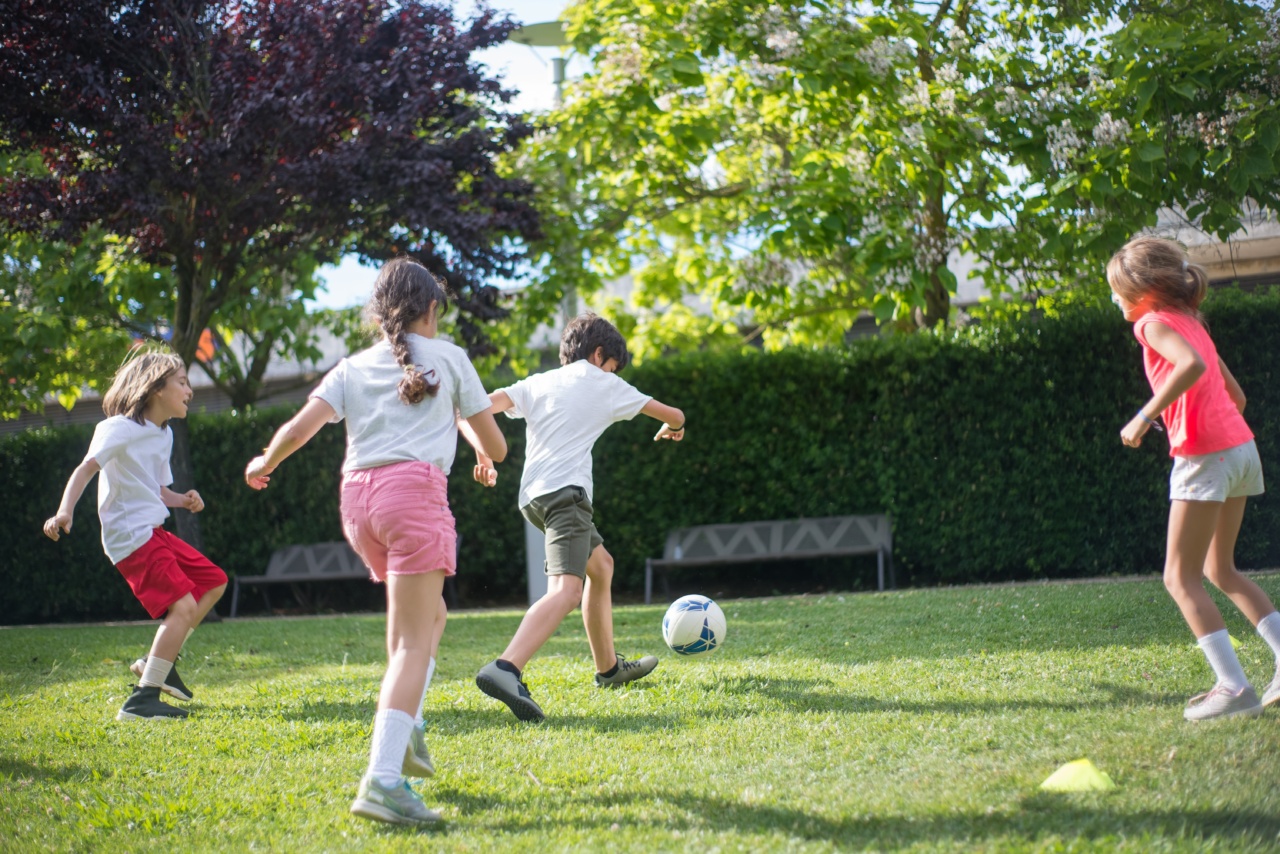Dementia, a group of symptoms affecting one’s memory, thinking, and social abilities, is a debilitating disease that affects millions of people worldwide.
A lot of research has been done in an attempt to prevent or slow down the progression of dementia, and one of the findings is the positive correlation between group activities and dementia prevention.
What is Dementia?
Before diving into the correlation between group activities and dementia prevention, it is essential to understand what dementia is and how it affects individuals.
Dementia is an umbrella term used to describe a range of symptoms associated with cognitive decline. The most common forms of dementia include Alzheimer’s disease, vascular dementia, and dementia with Lewy bodies (DLB).
The symptoms of dementia differ depending on the type of dementia, but some common ones include memory loss, difficulty with communication and language, challenges with daily activities such as getting dressed or driving, and disorientation in familiar environments. Over time, dementia sufferers lose their ability to care for themselves and require a great deal of assistance from caregivers and loved ones.
Causative Factors for Dementia
Research on dementia has identified several potential causative factors for the disease, including genetics, age, head injuries, and vascular risk factors.
The greatest known risk factor for dementia is age, as the disease is more prevalent in older populations. Genetics also play a role in the development of dementia, with some people having a higher likelihood of inheriting the disease than others.
In addition, studies have shown that head injuries, particularly those that result in loss of consciousness, increase the risk of dementia. Finally, vascular risk factors such as high blood pressure, high cholesterol levels, and diabetes have also been associated with an increased risk of developing dementia.
Group Activities and Dementia Prevention
The research on dementia prevention has shown that engaging in group activities can help prevent or delay the onset of dementia. The social component of group activities has been identified as a significant factor in reducing the risk of dementia.
Interacting with others and engaging in conversations and group activities can help keep the brain active and stimulated, preventing cognitive decline.
Furthermore, group activities have been found to be beneficial in reducing stress and feelings of isolation, two factors that are associated with an increased risk of developing dementia.
Regular participation in group activities can provide a sense of purpose and a feeling of belonging, both of which are essential for mental health and well-being.
There are several types of group activities that have been identified as being particularly effective in reducing the risk of developing dementia. These include:.
1. Physical Exercise Groups
Regular physical exercise has been found to be beneficial in reducing the risk of developing dementia, and participating in physical exercise groups can provide an extra level of socialization and support.
Physical exercise has been shown to increase blood flow to the brain, promoting brain health, and reducing the risk of cognitive decline.
2. Art Therapy Groups
Art therapy groups involve engaging in creative activities such as painting, drawing, and sculpting.
These activities have been found to be beneficial in reducing stress and anxiety, promoting relaxation, and increasing feelings of self-esteem and confidence. Art therapy groups also provide an opportunity to socialize and interact with others in a creative and supportive environment.
3. Music Groups
Music groups involve engaging in music-related activities such as singing, playing musical instruments, and listening to music.
Music has been found to be beneficial in reducing stress, promoting relaxation, improving mood, and increasing feelings of well-being. Participating in music groups provides an opportunity to socialize and interact with others while engaging in an enjoyable and rewarding activity.
4. Volunteer Groups
Volunteer groups involve engaging in activities that benefit the community or others, such as volunteering at a local charity or organization.
Volunteering has been found to be beneficial in reducing stress, improving mood, and increasing feelings of well-being. Participating in volunteer groups provides an opportunity to socialize and interact with others while participating in activities that have a positive impact on others.
Conclusion
In conclusion, the research on dementia prevention has shown that engaging in group activities can help prevent or delay the onset of dementia.
The social component of group activities has been identified as a significant factor in reducing the risk of dementia. Engaging in physical exercise groups, art therapy groups, music groups, and volunteer groups are all effective ways to reduce the risk of developing dementia.
Regular participation in group activities provides a sense of purpose and belonging, reduces stress, and promotes mental health and well-being.


























